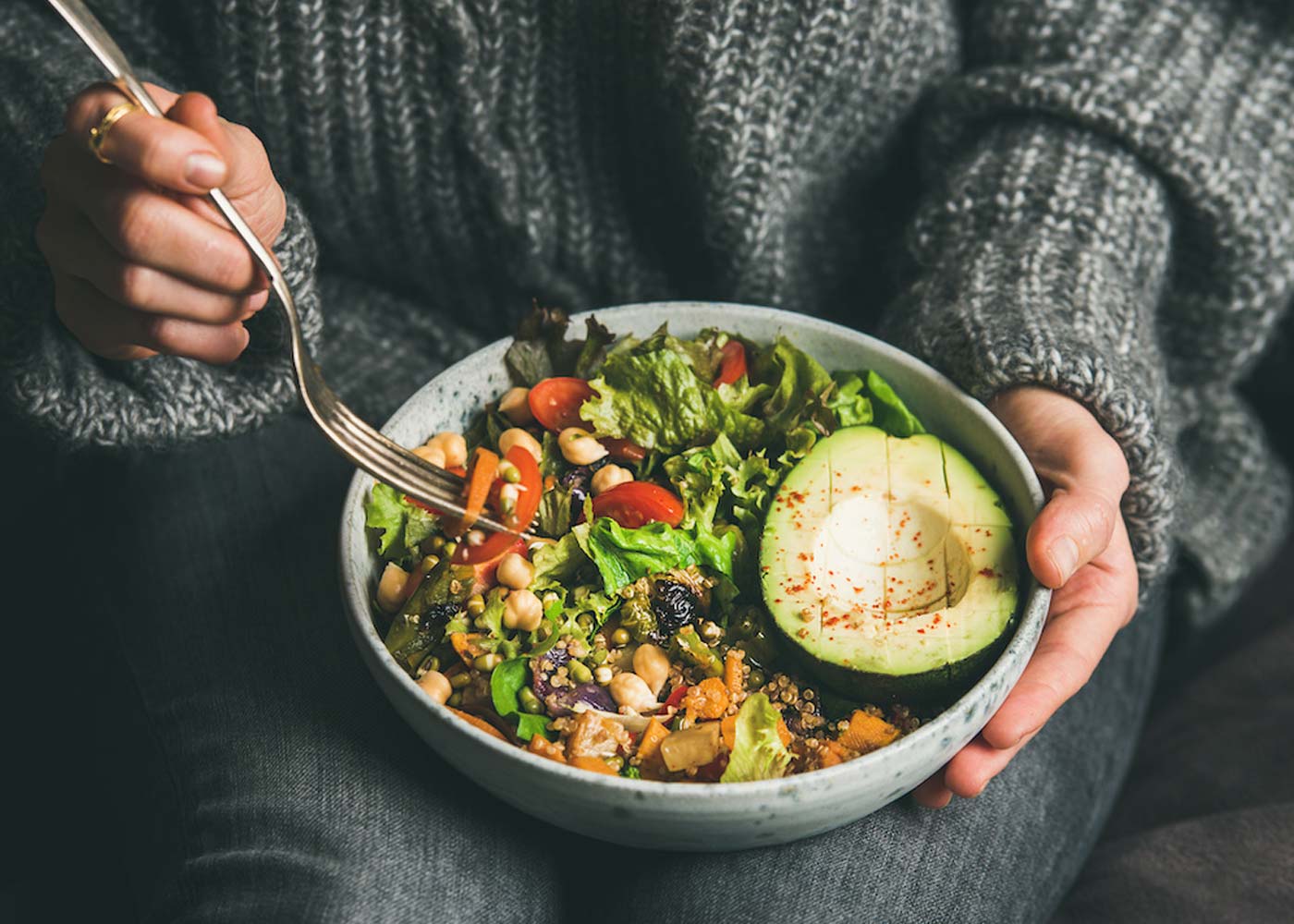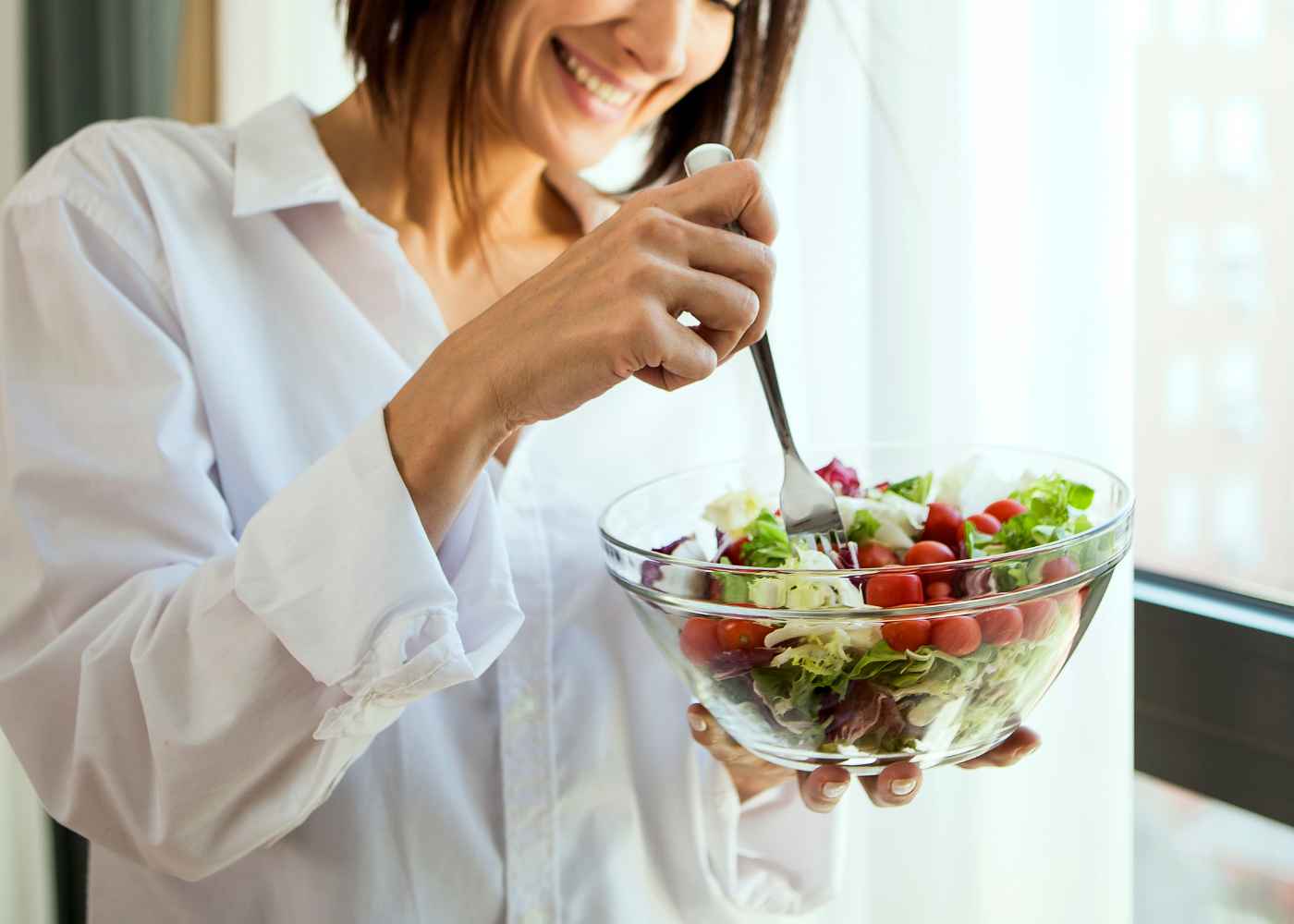
Because many legumes, meats, and vegetables are zinc-rich,
including them in your diet makes it relatively easy to meet the RDV of this
essential mineral. Discover which foods are high in zinc.
What Exactly Is Zinc?
Zinc is a mineral that is required for enzyme reactions in
the human body. Getting enough zinc is essential for maintaining a healthy
immune system and body. Fortunately, this trace mineral can be found in a
variety of foods and supplements. Because animal products are high in zinc,
people who follow vegan or vegetarian diets must consume zinc-rich vegetables
and seeds to meet the RDA.
What Is Zinc Good For?
Zinc has a number of health benefits. Most importantly, it
participates in over 100 enzymatic reactions in the body. Zinc promotes healthy
cell division, protein synthesis, anti-aging, and tissue repair. This important
nutrient also helps the immune system fight off everything from the common cold
to more serious diseases.
How Much Zinc Per Day Do You Need?
Every day, you only need a small amount of zinc. Based on a
2,000-calorie diet, the National Institute of Health (NIH) recommends 9.2 mg of
zinc per day for adult women and 13 mg for men. Pregnant or breastfeeding women
require an extra mg or two per day.
Zinc deficiency is common and can cause macular degeneration
as well as weakened immune function. Zinc levels in the blood can be measured.
Before adjusting your zinc intake, consult a health care professional; a
nutritionist or dietitian may recommend dietary supplements.
8 Foods High in Zinc
Zinc is found in a variety of foods, in addition to
supplements. Among the best food sources are:
1. Avocados: This essential fruit contains 6% of the daily
value of zinc.
2. Cashews: Zinc is abundant in nuts such as cashews,
almonds, and pine nuts. Nuts are also a good source of healthy fats, vitamins,
and minerals.
3. Chicken: A leaner meat, chicken breast is a great low-fat
protein option with a small amount of zinc. Zinc levels are highest in darker
meats, such as chicken thighs and drumsticks.
4. Hemp seeds: Hemp seeds are another source of zinc. These
seeds are also an excellent way to meet daily fiber requirements.
5. Legumes: Even in small amounts, lentils and chickpeas can
help you meet your daily zinc requirements. Phytates in legumes slow zinc
absorption, but the amount of zinc in legumes is so high that you can get your
daily value in just one serving.
6. Oysters: Oysters are a good source of zinc, but they may
contain heavy metals such as mercury. Two oysters provide the recommended daily
zinc intake.
7. Pumpkin seeds: Carve a pumpkin, toast its seeds, and
lightly sprinkle with cinnamon for a sweet snack or salt and spices for a
savory snack. Zinc is abundant in pumpkin seeds.
8. Red meat: Lamb and beef are good sources of zinc, and
these lean meats make for a hearty, low-cholesterol meal.




















